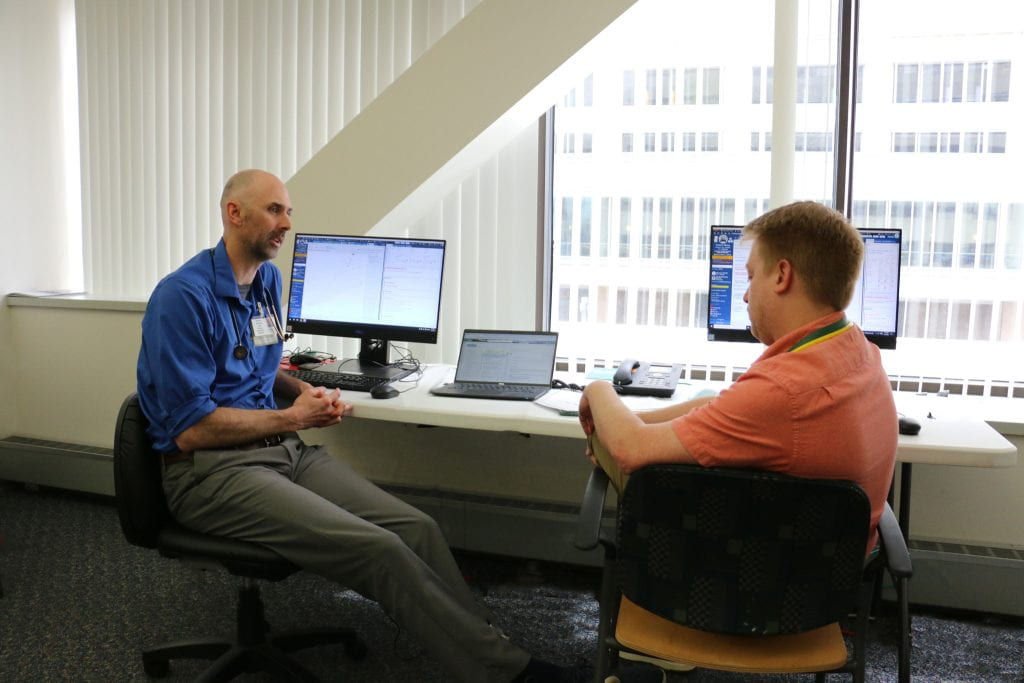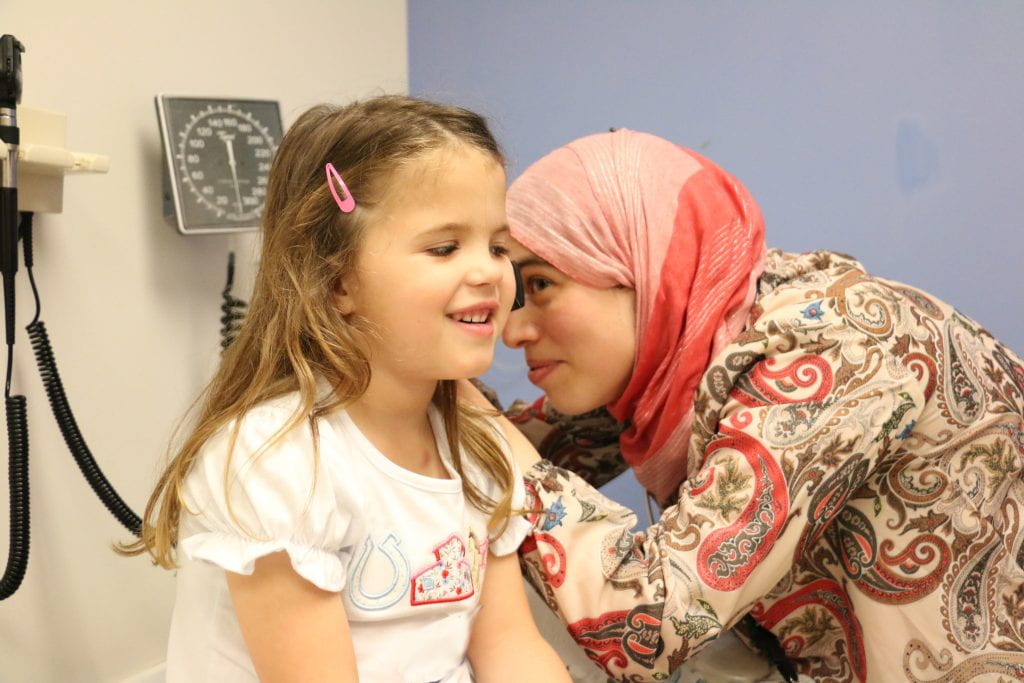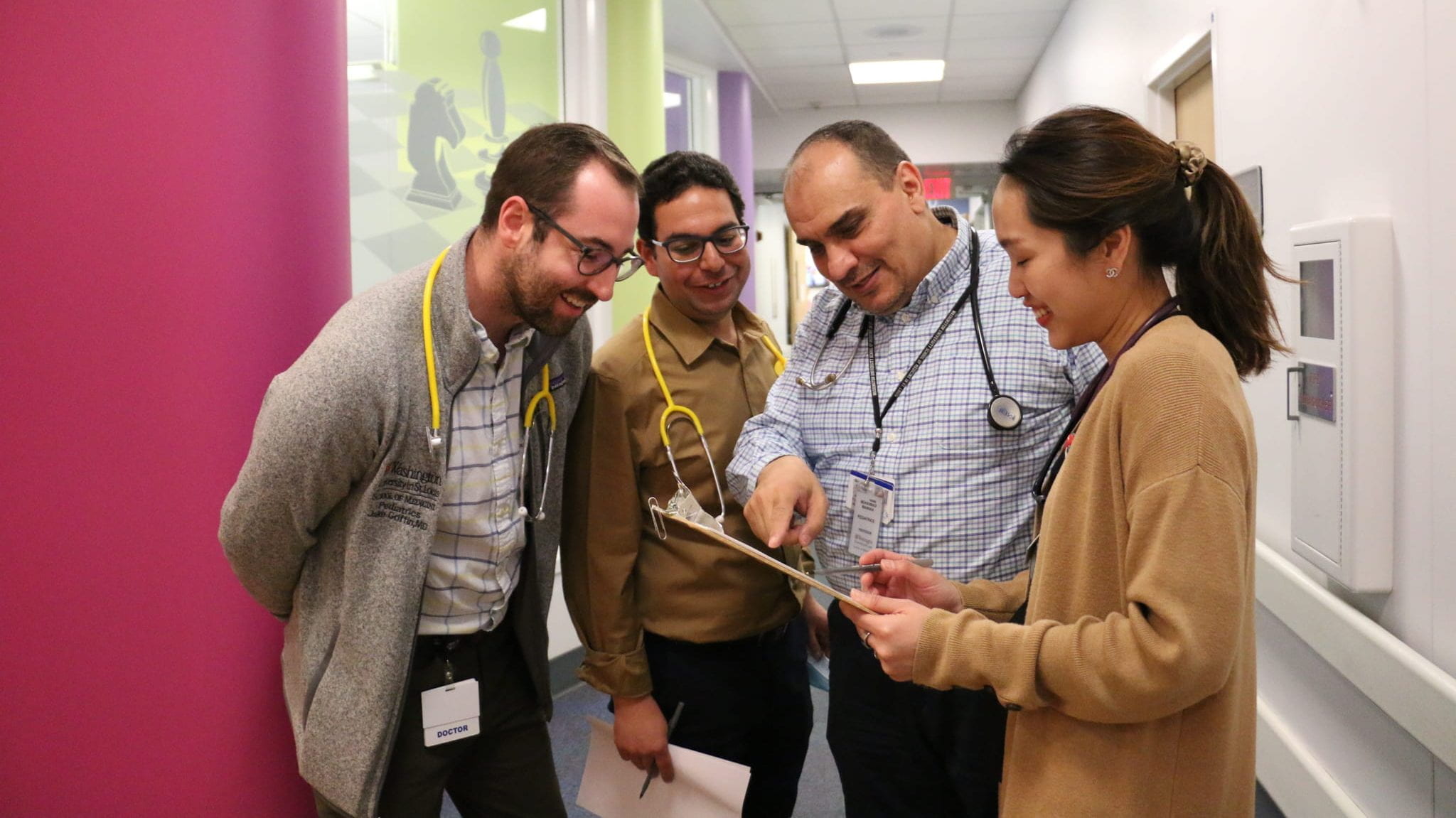Our program is a three-year ACGME-accredited fellowship, cultivating exceptional clinicians and physician-scientists specializing in pulmonary diseases. Our fellowship training program attracts promising pediatric candidates for subspecialty clinical and research training, developing the next generation of academic pulmonologists.

ACGME accreditation

Top-ranked hospital affiliation

Multidisciplinary expertise
Our fellows care for children with wide-ranging lung diseases and breathing disorders
- asthma
- sleep-disordered breathing
- apnea
- central hypoventilation
- cystic fibrosis
- ciliopathies
- bronchiectasis
- interstitial lung diseases
- bronchopulmonary dysplasia
- bronchiolitis
- pneumonia
- chronic respiratory insufficiency
- thoracic tumors
- congenital lung anomalies
Learn more about our program …
- Program overview
We have a world-class program. Learn about some of its highlights and statistics. - Current & past fellows
Learn about our current fellows as well as our history of alums.





